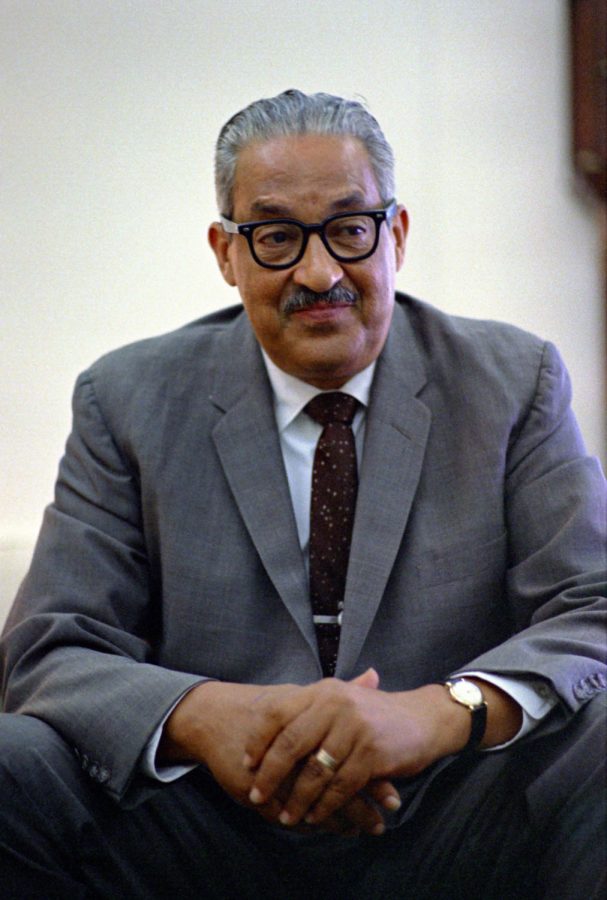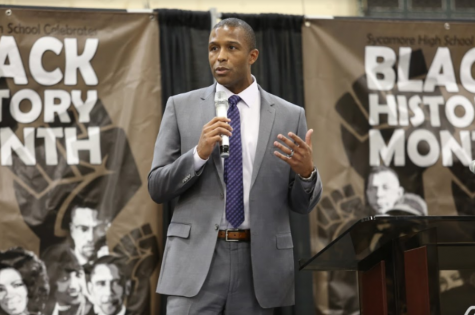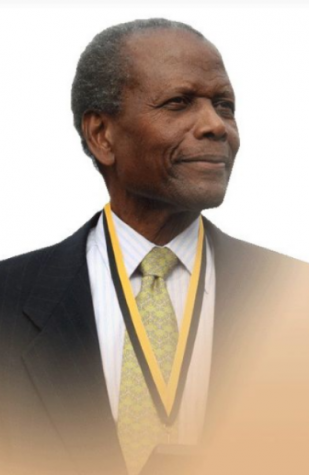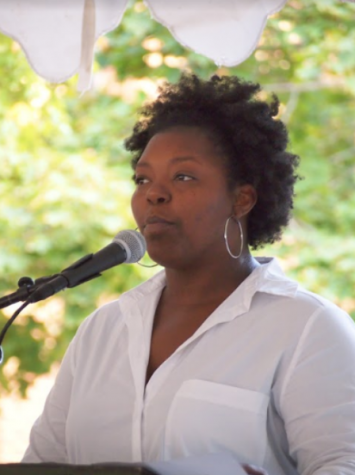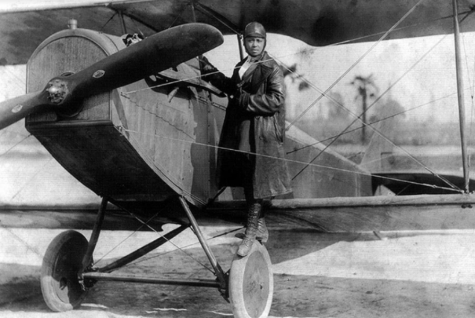Thurgood Marshall
GROUNDBREAKER. Marshall served as an Associate Justice on the United States Supreme Court from October 1967 until October 1991. During his long career, Marshall consistently fought for civil rights and challenged institutional racism. He voted in the landmark 1973 case Roe v. Wade as well as Furman v. Georgia.
Thurgood Marshall was one of the prominent and vocal leaders of the civil rights movement, and in 1967 became the first African American to be appointed to the Supreme Court.
Marshall was born in Baltimore, Maryland in 1908 to William and Norma Marshall. Marshall’s father often listened to cases at the local courthouse and came home to discuss the arguments with his sons. He attended Frederick Douglass High School, and was a part of the debate team- after graduating he attended Lincoln University.
In 1930 he applied to the University of Maryland Law School, but, even though he was academically overqualified, he was rejected because of his race. Instead, he went to law school at Howard University. At the time, Charles Houston, a trailblazing civil rights lawyer started tutoring Marshall.
In 1934, he began working for the National Association for the Advancement of Colored People (NAACP) in Baltimore, and in 1936 he moved to New York and became a full time legal counsel for NAACP.
Marshall’s victories in cases striking down legalized racism influenced the American civil rights movement. Some of his cases included Murray v. Pearson, Smith v. Allwright, and, most famously, Brown v. Board of Education.
That landmark class-action lawsuit brought forward in 1954 dealt with the segregation of schools and the doctrine “separate but equal” established in the 1896 Supreme Court case Plessy v. Ferguson. Marshall challenged the legal issues of racism and segregation, and eventually the Supreme Court ruled that “separate but equal” violated the 14th amendment.
Over the next decade, Marshall was appointed a Circuit Court Judge, the first African American Solicitor General, and finally, in 1967, a Supreme Court Justice.
Marshall died at the age of 84 on January 24, 1993.


